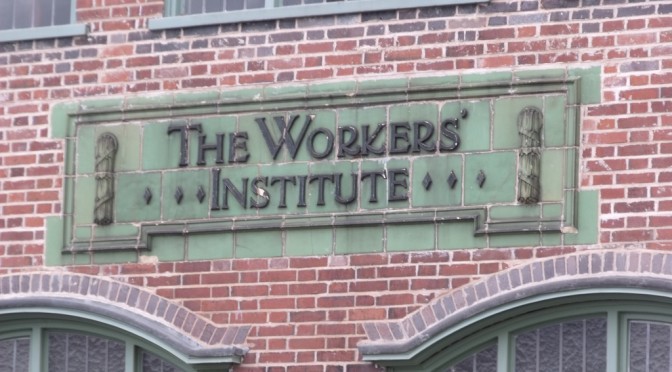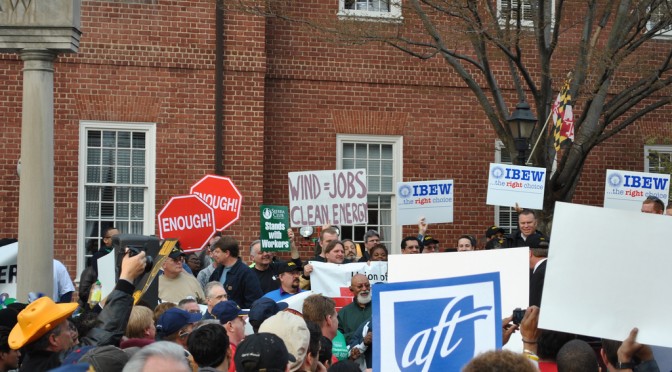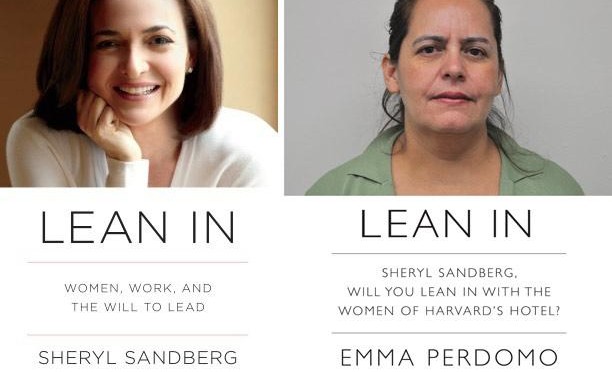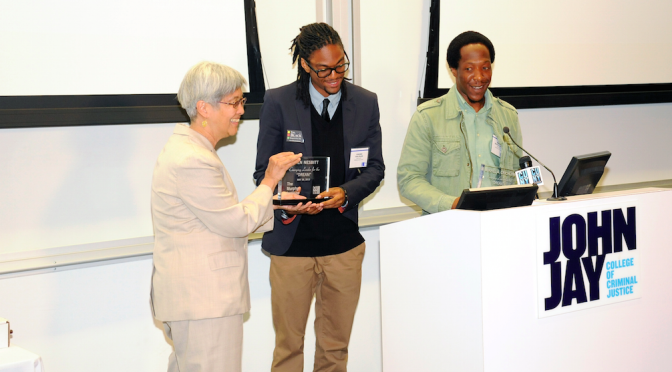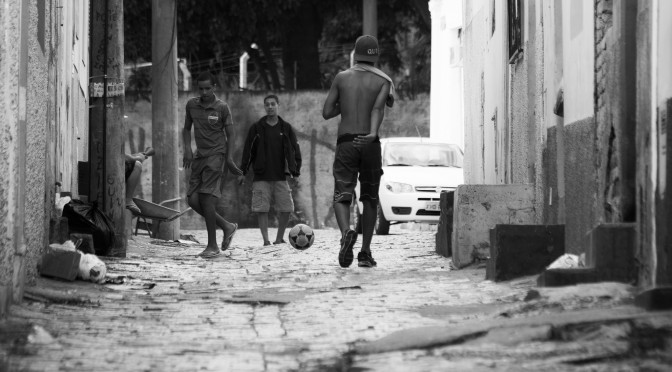By Nick Unger
Introduction
“Insurgent movements are not the product of hard times; they are the product of insurgent cultures.” Lawrence Goodwyn, The Populist Moment
The generation that builds it really gets it; they were there. But what of those who come later? How do they get the word? This is not a problem unique to unions. Tribes, religions, nationalities and countries, gangs, armies and political groups, all need transmission structures, creation stories and rituals to solidify identity and make membership a cultural force.
Two rival acculturation paths: education/indoctrination and periodic upheaval. The Jesuits, the medieval guild and 19th century British education systems represent the institutional approach: “Give me a child until he is seven and I’ll give you the man.” Building trades union apprenticeship programs are perhaps the best labor example of this approach to development of a distinct identity and culture. Continue reading Thoughts on Union Structures, Labor History And Union Member Consciousness

